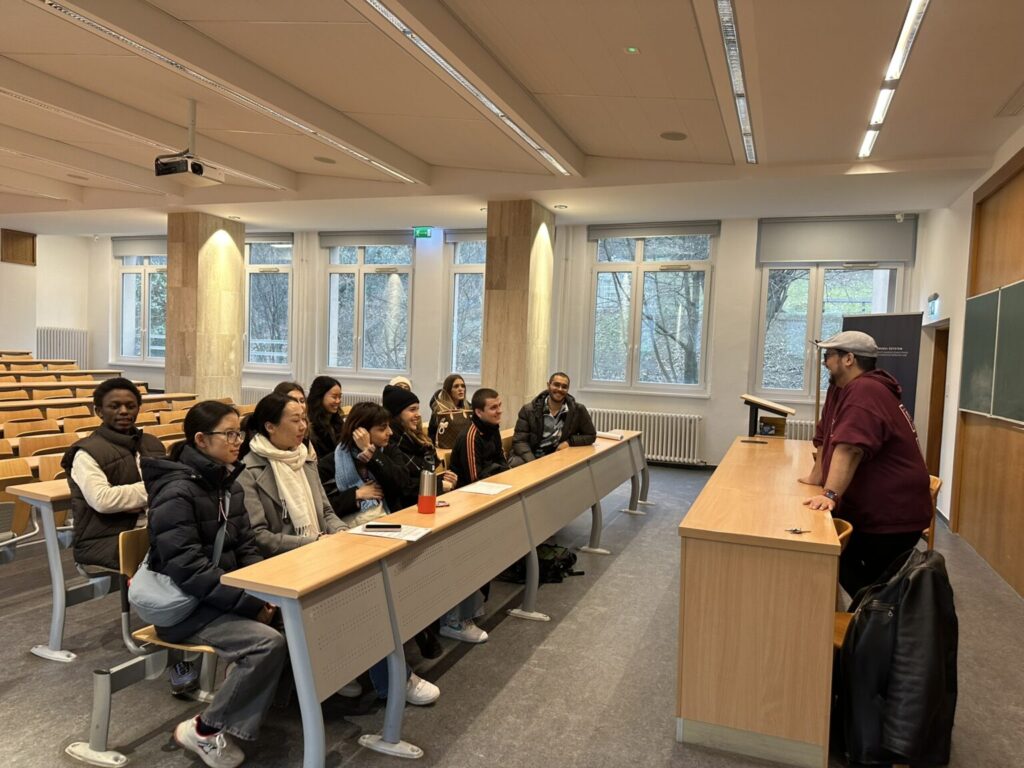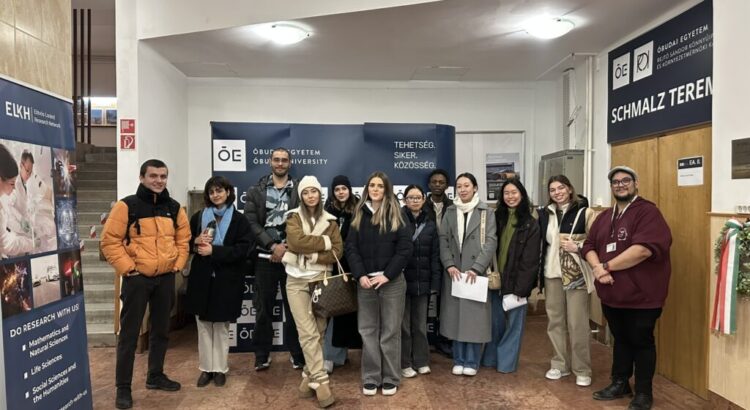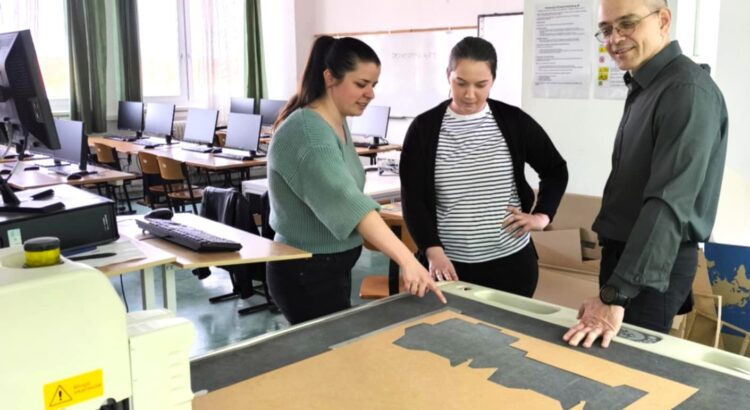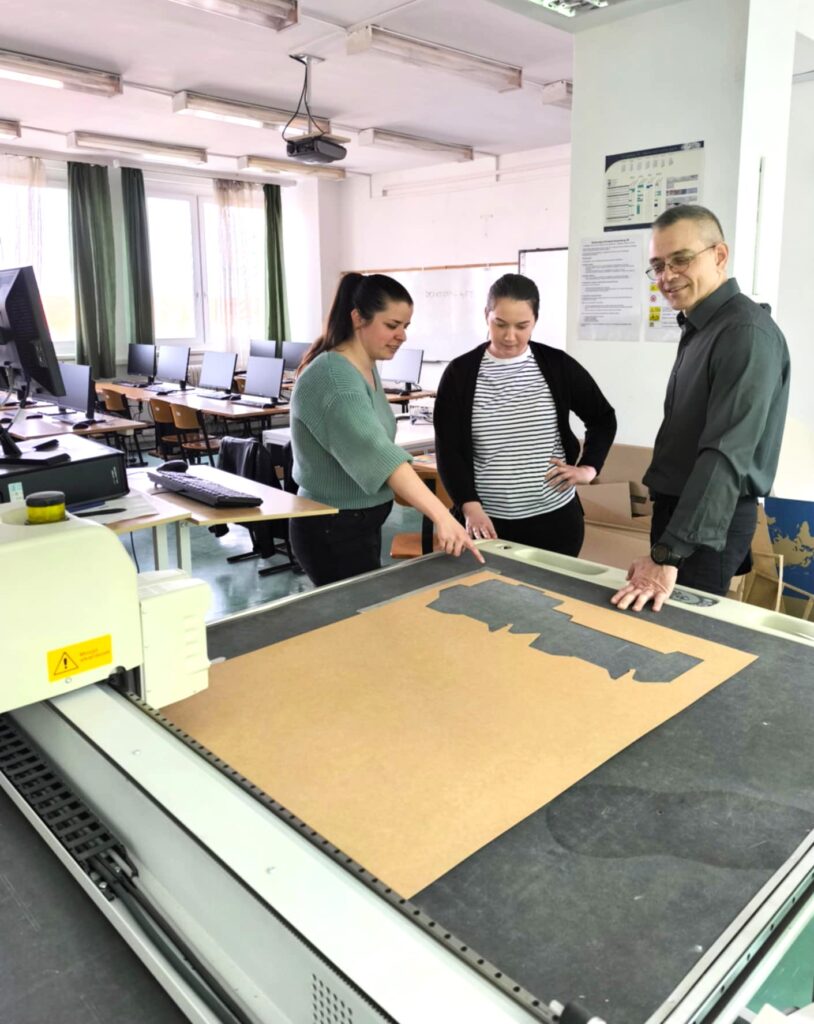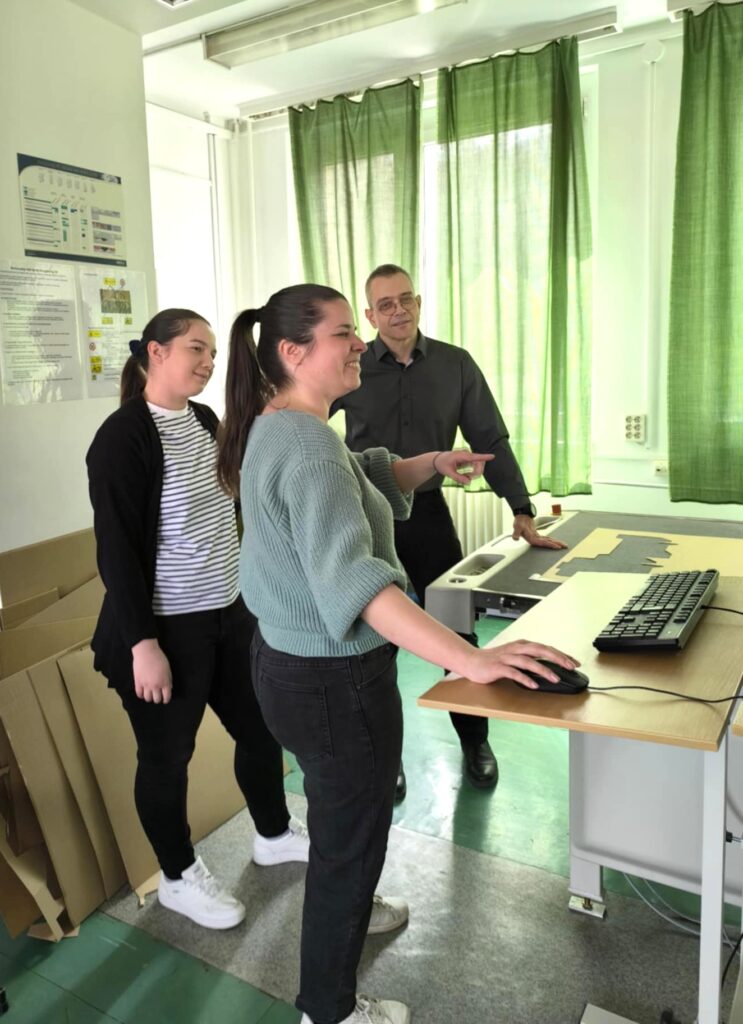The Rejtő Sándor Faculty of Light Industry and Environmental Engineering at Obuda University is pleased to welcome Erasmus program students from various countries around the world. These students will participate in the faculty’s diverse educational programs for the upcoming semester and have the opportunity to experience Hungarian culture and language.
The faculty’s international students come from a variety of countries, including Spain, Kazakhstan, Kosovo, and Turkey. The majority of these students are enrolled in product design engineering, environmental engineering, and light industry programs.
The faculty’s leadership and instructors are committed to providing a meaningful and enriching experience for the students. In addition to expanding their professional knowledge, students will have the opportunity to participate in various cultural programs, excursions, and sporting events.
“We are delighted to welcome so many talented and motivated students from Europe and Asia,” said Dr. habil László Koltai, Dean of the Rejtő Faculty. “We are confident that the experiences gained through the Erasmus program will have a long-term positive impact on the students’ academic and personal lives.“
The Erasmus program is a European Union initiative that enables students to study in another country for a semester or a year,” said Norbert Berecz, the Erasmus student mentor, who, together with Ildikó Pásztor, the Dean’s representative for educational affairs, held an orientation program for the students at the RKK. During the presentation, the mentor stated, “The program aims to strengthen international relations, promote cultural diversity, and support students’ professional and personal development.“
The Erasmus program not only provides significant benefits for students but also for the university. The presence of international students enriches the faculty’s community, brings new perspectives to education and research, and contributes to the faculty’s increased international recognition.
The Rejtő Faculty’s past achievements have demonstrated its commitment to fostering international relations and supporting student mobility. The RKK aims to continue welcoming more students through the Erasmus program in the future, and also provide opportunities for Hungarian students to study abroad, taking advantage of the Pannonia program.
